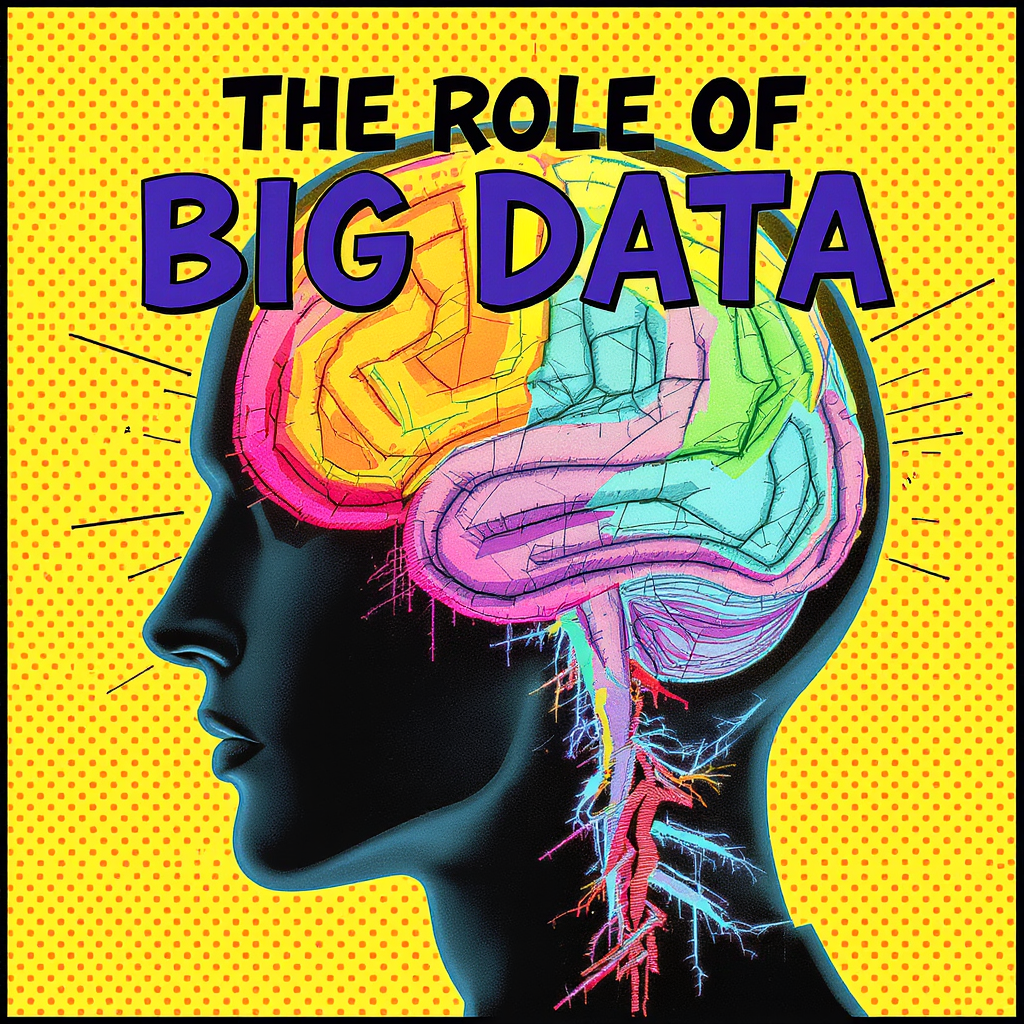In today’s rapidly evolving business landscape, harnessing the power of data is no longer a luxury but a necessity. This article explores the crucial role of big data in driving business intelligence (BI). We will examine how the sheer volume, velocity, and variety of data available are transforming decision-making processes, enabling companies to gain a competitive edge. We will delve into the ways big data analytics facilitates improved customer understanding, optimized operations, and the development of innovative products and services. Furthermore, we will discuss the challenges associated with big data implementation, including data management, security, and the need for skilled professionals. Ultimately, we will showcase how effectively leveraging big data translates to improved profitability and sustainable growth.
Uncovering Hidden Insights: Data Exploration and Discovery
Big data analytics goes beyond simple reporting; it involves sophisticated techniques like machine learning and artificial intelligence to uncover previously hidden patterns and insights. By analyzing vast datasets, businesses can identify trends and correlations that would be impossible to detect using traditional methods. This allows for proactive, data-driven decision-making, replacing gut feelings with evidence-based strategies. For instance, analyzing customer purchase history combined with demographic data can reveal preferences and purchasing behaviors, informing targeted marketing campaigns and product development. This detailed understanding allows businesses to personalize customer experiences, increasing engagement and loyalty.
Enhancing Operational Efficiency: Streamlining Processes
Big data plays a significant role in streamlining operational processes across various industries. In manufacturing, analyzing sensor data from equipment can predict potential failures, enabling preventative maintenance and reducing downtime. Similarly, in supply chain management, real-time data analysis can optimize inventory levels, reduce lead times, and improve logistics. The ability to predict demand fluctuations based on historical data and market trends allows for more efficient resource allocation and reduces waste. This improved efficiency translates directly to cost savings and improved profitability.
Improving Customer Understanding: Personalization and Engagement
One of the most impactful applications of big data in BI is enhancing customer understanding. By analyzing customer interactions across various channels—website visits, social media activity, purchase history, and customer service interactions—businesses can create detailed customer profiles. This allows for personalized marketing campaigns, tailored product recommendations, and improved customer service experiences. Understanding customer preferences and behaviors enables businesses to develop products and services that better meet customer needs, increasing customer satisfaction and retention.
Predictive Analytics and Future-Proofing Your Business
The ability to predict future trends and outcomes is a powerful advantage in today’s competitive market. Big data analytics, particularly through predictive modeling and machine learning algorithms, enables businesses to anticipate market changes, assess risks, and proactively adapt their strategies. This could involve predicting customer churn, identifying potential market opportunities, or assessing the impact of new regulations. By anticipating future scenarios, businesses can make informed decisions that mitigate risks and capitalize on emerging opportunities, thus future-proofing their operations.
Conclusion
In conclusion, big data is revolutionizing business intelligence, empowering organizations to make data-driven decisions and gain a significant competitive advantage. From uncovering hidden insights and optimizing operational efficiency to enhancing customer understanding and predicting future trends, the applications are vast and transformative. However, effectively leveraging big data requires careful planning, investment in infrastructure and skilled professionals, and a robust data governance framework. Overcoming the challenges related to data management, security, and the ethical implications of data analysis is crucial for responsible and successful implementation. Ultimately, businesses that effectively harness the power of big data will be better positioned for sustainable growth and success in the long term. The ability to translate raw data into actionable intelligence is the key to unlocking true business value and achieving a competitive edge.
| Benefit | Example |
|---|---|
| Improved Operational Efficiency | Predictive maintenance in manufacturing |
| Enhanced Customer Understanding | Personalized marketing campaigns |
| Increased Revenue | Improved demand forecasting and inventory management |
| Reduced Costs | Optimization of supply chain processes |
References
Gartner on Business Intelligence
Image By: Black Forest Labs






